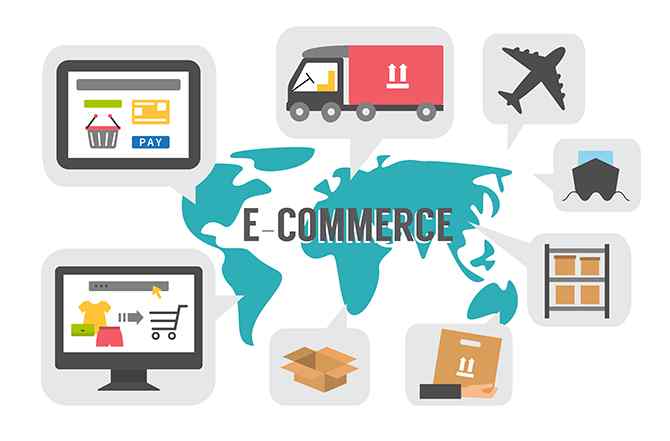Pakistan is preparing a sweeping piece of legislation — the so-called Digital Bill — aimed at bringing order to its fast-growing but loosely regulated online marketplace. The draft law will cover digital marketing, e-commerce, and consumer protection, with particular focus on curbing anti-competitive practices and online fraud.
The move comes after the Competition Commission of Pakistan (CCP) investigated Chinese e-commerce giant Temu over allegations that its steep discounts and risk-free purchase offers were squeezing local sellers out of the market. Critics, including the Chainstore Association of Pakistan, say foreign platforms such as Temu and Shein are distorting prices, misleading customers, and eroding domestic retail.
What the Bill Will Change
The legislation will introduce mandatory registration for advertising agencies and influencers, rules on truth in marketing, stricter data privacy protections, and limits on deceptive promotions. It will also target common consumer complaints — from misleading Facebook ads to “cash-on-delivery” orders arriving with the wrong product.
Regulators are also looking at another emerging problem: mobile lending apps using false or manipulative advertising to draw in borrowers. The bill is expected to set clear disclosure standards for all online sellers, requiring accurate product descriptions, visible tax details, clear delivery timelines, and straightforward refund policies — similar to practices followed by global platforms like Amazon.
Tax Pressures Add to the Debate
While the bill focuses on regulation, the e-commerce sector is also grappling with heavier taxes introduced in the 2025-26 budget. These include an 18% general sales tax on online purchases, extra levies for non-filers, and reporting obligations for banks, payment processors, and courier companies.
The Pakistan eCommerce Association (PEA) has warned that the current tax load is hitting small and medium-sized enterprises especially hard, with some shutting down entirely. PEA Chairman Omer Mubeen argues that without relief, local entrepreneurs — particularly women-led businesses — will struggle to compete with well-funded foreign players.
A Market in Transition
Pakistan’s online retail industry is still maturing, but it is expanding rapidly. Policymakers are now under pressure to strike a balance: enforce rules that protect consumers and foster fair competition, without crushing homegrown businesses under regulatory and tax burdens.
